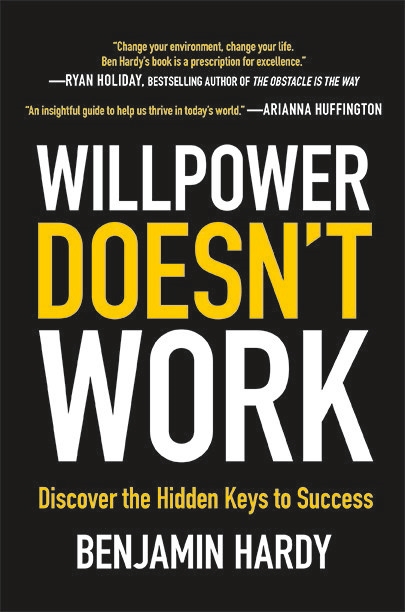This half-hour exercise can get you out of your career rut
Summer is finally here, and you’re thinking about your dream vacation. You conjure up images of sitting by the pool, drinking an icy cold beverage, and not thinking about your stress-filled life. Then reality hits, and you realize where you are. You’re sitting in your cubicle, uninspired and in a rut.
You know that slaving away in an office day in and day out isn’t doing you any favors. But you’re afraid to take time off, because you hate the post-vacation stress and extra work that awaits.
You might not always have control over your workload, but you can design your break so that you come back refreshed, more creative, and better equipped to tackle thorny problems. Here’s how.
Set aside time for structured reflection
Even if you can’t take a long, restful vacation this summer, you can probably squeeze in one or two “disconnected days” to take a day off work and unplug. During that time, leave your regular environment. Take a day trip someplace nice, or even just drive at least 30 minutes away from where you work and live to get some physical as well as mental distance. The key is to get out of your day-to-day routine.
Once you’re there, take 30 minutes to do something that lifts up your mood–whether it’s reading or listening to inspiring content, calling up a close friend or family member, or even meditating or praying. Then grab a notebook or journal and just start writing and reflecting when you’re in that elevated state. Begin with gratitude, then move on to consider parts of your life where you know you’re not showing up the way you’d like to.

Then examine your notes–don’t worry whether they’re jumbled–and commit to making specific changes. Write down the key adjustments you need to make to achieve your dreams and goals. Don’t just jot down the things you need to change, though; write openly about the frustrations and difficulties that have led you to where you are, including why you’ve struggled to make these changes in the past.
Finally, don’t forget about your big-picture dreams. A key component of structured reflection is to reconnect you with your “why.” It’s easy to lose sight of that underlying purpose while you’re in the midst of your daily routines. There’s also a huge difference between “means” goals and “ends” goals. “Ends” goals are the things that truly matter to you. For example, getting a college degree so you can get a great job is a means goal. But what is the end of getting a great job?
Schedule a weekly mini reflection and planning session
After you come back from your break, follow up with a condensed version of this journaling session around once a week for the next few weeks. This can help reinforce the goals and changes you committed to in your initial, out-of-office structured reflection. Here are a few things to focus your thoughts on:
Here, too, you need to prepare your mind before starting this planning session. The goal is likewise to elevate your thinking, then make powerful plans and decisions from that positive frame of mind. So before you crank out the pen, do whatever you need to assume the best mental outlook, whether it’s meditating or exercising outside.
The truth is, your best ideas won’t happen while you’re sitting at your desk working. Your brain operates best in a rested and relaxed state. Just like your body, you can’t push your mind past its point of exhaustion without it shutting down. So schedule time away from work the next time you feel stuck in a rut or close to burning out.
Making time for structured reflection can help you come back with ideas you’d never have thought of otherwise. Now that’s a productive vacation–even if you don’t physically take one.
This article is adapted from Willpower Doesn’t Work: Discover the Hidden Keys to Success by Benjamin Hardy. It is reprinted with permission from Hachete Books, a division of the Hachette Book Group. Copyright 2018 Benjamin Hardy.
(59)



